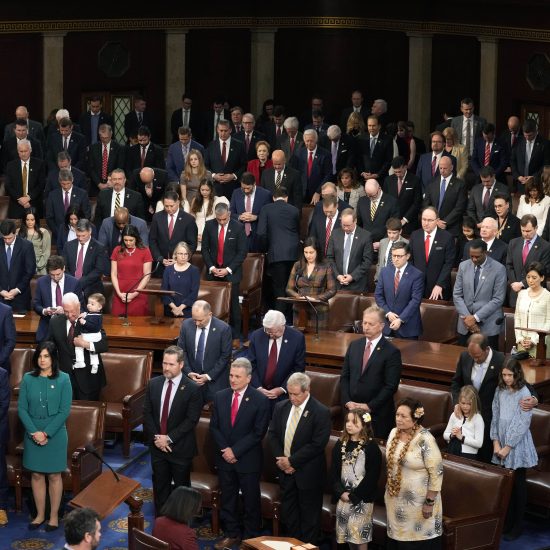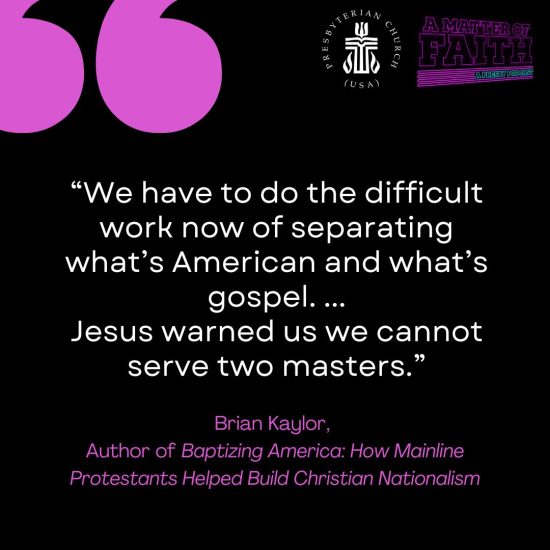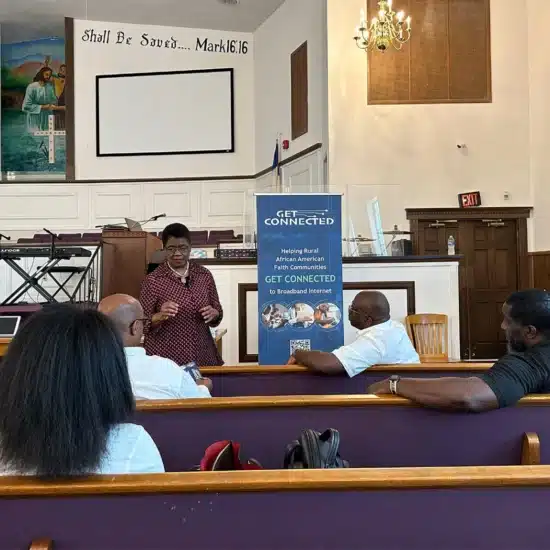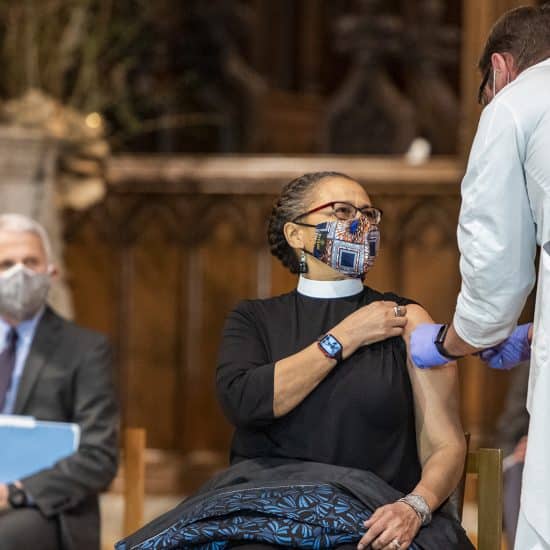
Ministers are responsible for their actions as individuals, sometimes by civil authorities and ultimately by God. But what responsibility, if any, should the local church and the denomination bear for unethical behavior of their pastors and other church ministers?

Ministers must be aware of their relationship with each church member. Role reversal can open the possibility for confusion and abuse.
|
That question is difficult for religious bodies that follow a congregational form of governance that emphasizes the autonomy of the believer and of the local church. That stance has become the primary basis for refusal by many groups, including many Baptist denominations, to compile lists of ministers caught in unethical or immoral behavior, particularly sexual misconduct.
Establishing an organization-wide procedure is more difficult for denominations without a hierarchical structure, Joe Trull acknowledged. “As Baptists, we want to maintain our belief in local church autonomy and are hesitant to be viewed as telling churches what to do,” noted the retired professor of Christian ethics at New Orleans Baptist Theological Seminary and a former editor of Christian Ethics Today magazine.
Trull also was an adjunct professor at Logsdon Theological Seminary in Abilene, Texas, and at Austin Presbyterian Theological Seminary in Austin, Texas. The author of several books co-wrote with James Carter two editions of “Ministerial Ethics.” The 1993 edition is titled “Ministerial Ethics: Being a Good Minister in a Not-So-Good World,” with the 2004 edition as “Ministerial Ethics: Moral Formation for Church Leaders.” The authors currently are updating the book, due to be released next year.
“I think denominations could do more but they are so afraid of someone accusing them of exerting control,” Trull added.
“Healthy accountability structures” within the local church is a way to minimize the possibility of clergy misconduct, Daniel Darling, vice president for communications at the Southern Baptist Convention’s Ethics and Religious Liberty Commission, said.
The pastor, then, places himself under that accountability as a form of service to the congregation, Darling noted.
For Tarris Rosell, Rosemary Flanigan Chair at the Center for Practical Bioethics in Kansas City, Mo., ability or empowerment determines responsibility. As a professor of pastoral theology, ethics and ministry praxis at Central Baptist Theological Seminary in Shawnee, Kan., he advocates that “anyone who has the ability…who is empowered…to respond is responsible.”
Congregations have the responsibility to put policies and procedures in place, to do background checks, and to have whistleblower policies that allow church leaders and members a safe way to report abuses, including financial misconduct. Those who are disempowered become the most vulnerable, he said.
Judson University Chancellor Jerry Cain feels the church as the body of Christ is obligated to both the pastor and the congregation. “The pastor should be expected to live a holy life of unquestioned morality, yet should be protected from detractors who wish to diminish his reputation,” Cain said.
He also emphasized church policies, including background checks, perusal of a potential pastor’s social media usage and annual pastoral reviews. The evaluation should include questions about all areas of the pastor’s ministry and home life “and other topics that might be a source of temptation,” he said.
American Baptist Churches USA is one of the few Baptist groups that have another level of accountability for ordination. While congregations determine who they will ordain, a department of ministry — an ABC regional or associational body — must officially recognize the ordination for it to be valid, and in most cases a regional or area minister is involved.
Cain sees using that process as another possible way to deter or punish misconduct. “Like an educational accrediting agency, it might be good for the denomination to review ordinations every decade to see if a pastor should retain his papers,” Cain said. “Should ordination be for life?”
Baptist groups should put some type of ethical code in place for ministers, Trull believes. Most professions have a code of ethics developed and sometimes enforced by their members. While national ABC-USA does not enforce a pastoral code of ethics, it provides guidelines for churches to develop their own code.
While serving as a consultant for the Baptist General Convention of Texas, Trull encouraged state leaders to adopt a ministerial code of ethics that churches could use. Instead, the BGCT developed a covenant of ethics, which Trull believes does not carry the same weight.
Rosell and Darling both pointed out that most ministers faithfully serve and do not violate members’ trust — but that accountability in place protects everyone.
Understanding relationships at all levels of ministry, particularly within the local church, is a way in which pastors and members can bear responsibility and promote accountability, Rosell said.
He likens the relationship to that between a benefactor and beneficiary. The relationship centers on the beneficiary.
For example, Rosell explained, the relationship between the pastor and a dentist who is a church member differs depending upon place. In the church, the minister holds the role of benefactor. The “power” of the relationship resides in him, with the dentist at greater vulnerability. “Here it is all about him (the dentist),” Rosell said.
If the two are in a social or other setting as peers, power and vulnerability are relatively equal.
When the pastor goes to the dentist’s office and seeks the dentist’s professional expertise, the roles are reversed. The dentist has the power and the minister is more vulnerable. “Here it is all about me because I’m here for his help,” Rosell said.
Ministers cannot avoid the multiple roles both they and members hold, he added. But they must be aware of where they are on the spectrum of each relationship because role reversal can open the possibility for confusion and abuse.






